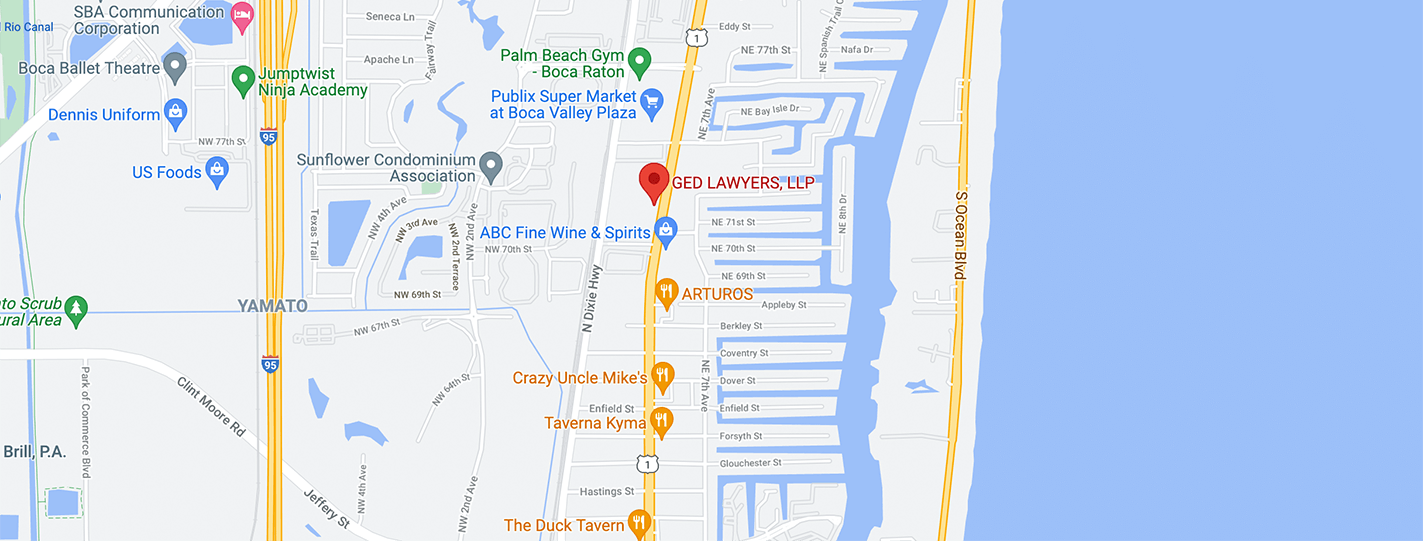We have all seen the warning at the bottom of car commercials – “closed course,” “professional driver,” “do not attempt.” After seeing those disclaimers and warnings the question arises: Why do car commercials have these disclaimers? The questions do not stop there. Seemingly every commercial that portrays even remotely risky activity carries a similar warning – do not attempt.
It is easy for those of us watching at home to ridicule these warnings, afterall, who would attempt to do any of the crazy things we see on TV. There is a long list of court cases where plaintiffs have tried to sue, though rarely successfully, because a loved one imitated something advertised and was either killed or injured as a result. One case happened here in Florida and went all the way to the Florida Supreme Court.
Family Sues Soft Drink Company Over Broken Neck
In the late 1980s a popular soft drink company ran a commercial with young people riding their bicycles, doing stunts. One of the stunts was of a young boy who took his bike up a ramp and landed safely in a lake, all while onlookers cheered him on. The commercial did not contain any language of warning that others should not attempt the stunt.
Unfortunately, a young teenage boy in Florida saw the commercial and attempted to recreate it for himself. He set up a ramp over an embankment and ran his bike up the ramp. When he landed, he broke his neck. His family sued the soft drink company for the damages he suffered, alleging that they had a responsibility to discourage that activity by viewers at home.
The Florida Supreme Court issued their ruling on whether the soft drink company would be held liable in 1989. In their ruling, the court held that the company could not be held liable, and they rested their opinion on the protections of the 1st Amendment to the U.S. Constitution. The court ruled that publishing a commercial of this nature constitutes constitutionally protected speech. Traditionally, the 1st Amendment protects all but a few types of speech from being regulated or penalized by the government. Those exceptions include things like defamation, hate speech that incites violence, and others. This result is the same as most other cases that sought damages for imitating behavior shown on commercials. Why do commercials still contain disclaimers?
Companies Protect Against Worse Case Scenarios
The reason why commercials continue to use disclaimer language is because not all courts have reached the same conclusion as the Florida Supreme Court. At least one case from California held a radio station liable when a driver drove recklessly to get to a promotion they advertised on their station and got into a devastating accident. So now, companies are overly cautious and prepare for the worse case scenario and include disclaimer language in commercials.
While we do not generally file lawsuits of this kind at Ged Lawyers, we are your go-to law firm for accidents and injuries in the Panama City area. If you have been injured in an accident, contact us.
